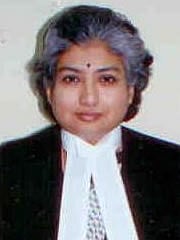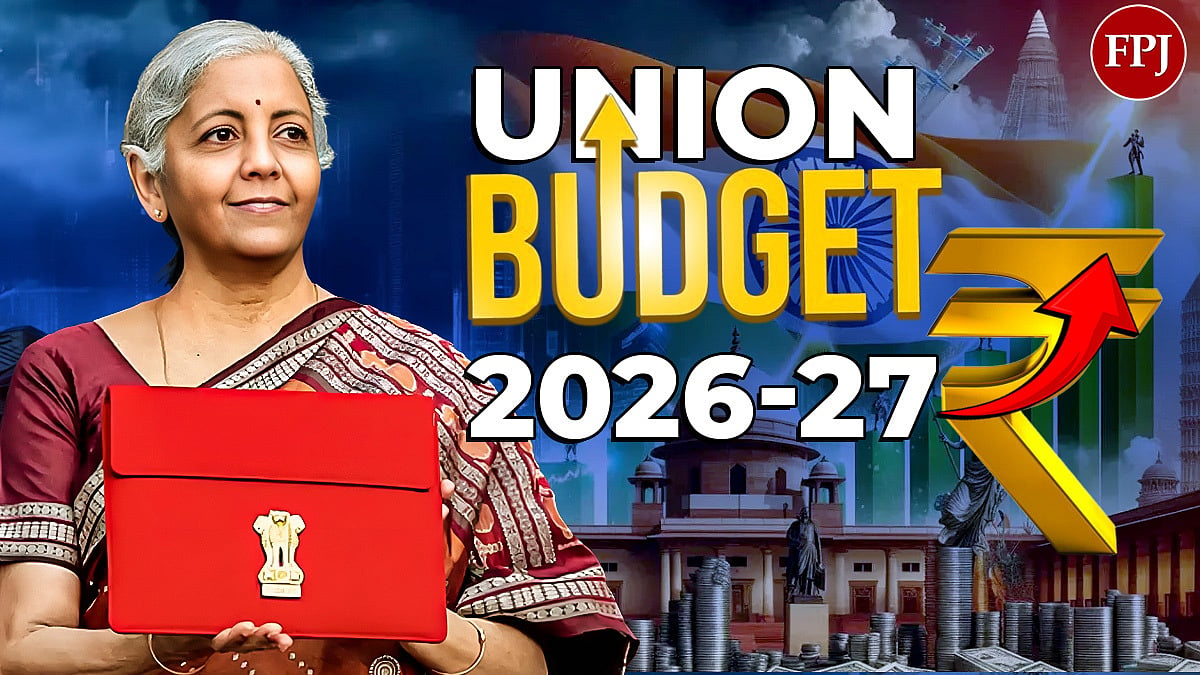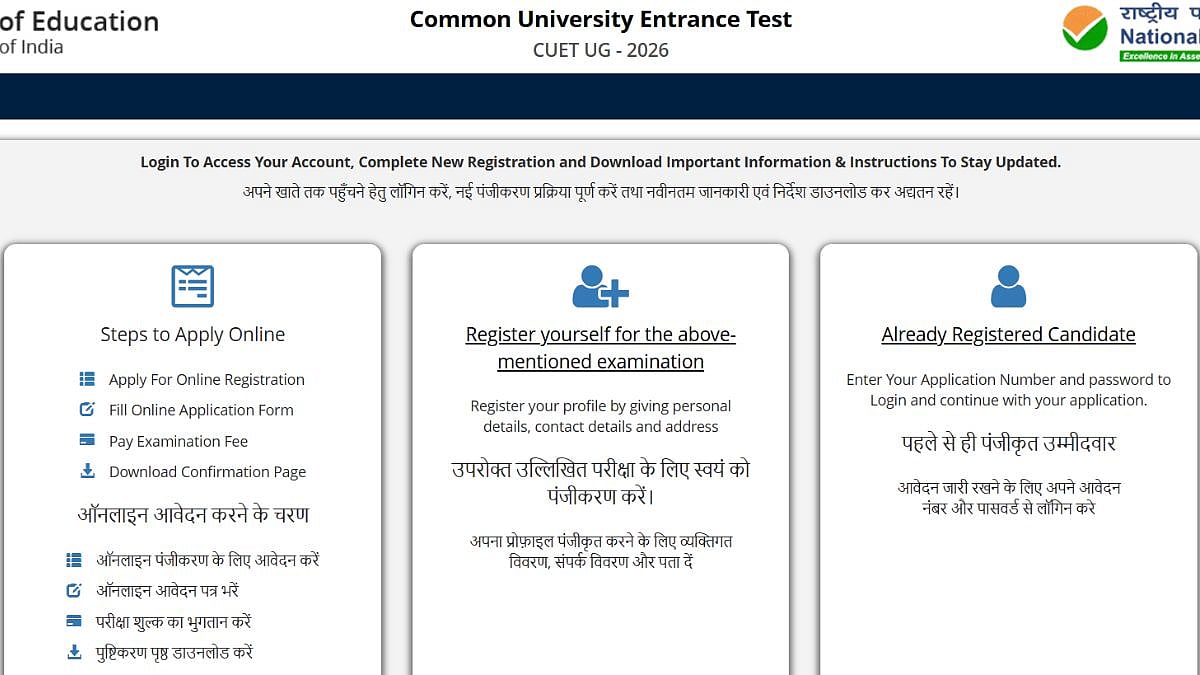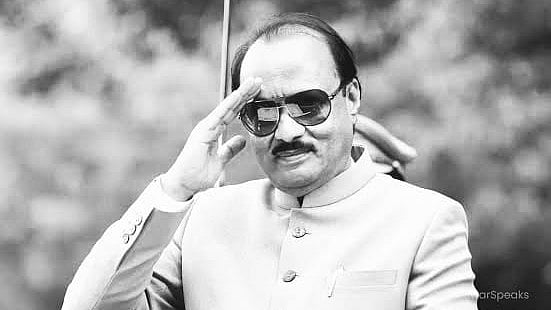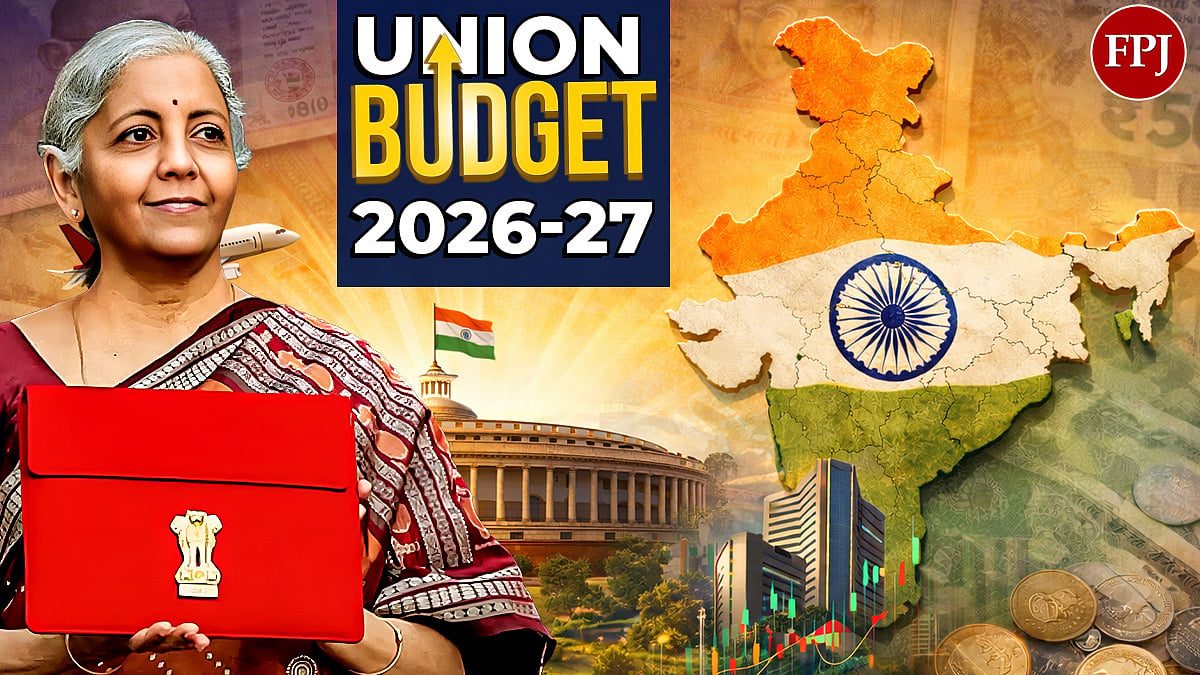There is no doubt that Justice B.V. Nagarathna will take charge as India’s first-ever woman Chief Justice of India (CJI) in February 2027, although it will only be for 36 days which is too short a tenure to ensure she will elevate more women judges to the Supreme Court. But what is more interesting is that three of the nine who have been recommended for elevation to the Supreme Court by its present collegium will become CJIs after six years. They are Justices Vikram Nath, B.V. Nagarathna and Senior Advocate P.S. Narasimha -- in precisely that order.
The list of nine judges has made media headlines because the quality of justice delivered by the Supreme Court depends upon who is elevated. The five wise men of the top court -- Justices Uday Umesh Lalit, A.M. Khanwilkar, D.Y.Chandrachud and L. Nageswara Rao, with CJI N.V. Ramana -- have decided the fate of the nation for slightly over a decade by selecting who will be their successors.
The most vociferous of the collegium members was earlier Justice Rohinton Nariman who stoutly opposed the elevation of eight of those elevated. Sources divulged at least two collegium members had opposed the elevation of Justice Akil Abdulhamid Kureshi which was why with Justice Nariman retiring this month, the deadlock was resolved. The collegium promptly substituted the name of additional solicitor general P.S. Narasimha for that of Justice Kureshi to resolve the logjam.
But to revert to the future CJIs, Justice Vikram Nath will be sworn in as CJI from February 10, 2027, to September 23, 2027. He will assume office after Justice Surya Kant retires as CJI in February 2027. Justice Nagarathna comes from a judicial dynasty because her father, CJI E.S. Venkataramiah, held the top judicial post of the country between June and December 1989.
During a court hearing in the Karnataka high court, Justice Nagarathna, who was part of a division bench, remarked, “India’s patriarchal society does not know how to treat empowered women.” The fact that Justice Nagarathna comes from a judicial dynasty pales into insignificance when assessed with the quality of her judgments.
Justice Dhananjaya Chandrachud’s father, the late Yeshwantrao Chandrachud, was also the CJI with the longest tenure of seven years among all the CJIs. He was part of the five-judge bench which overturned life and liberty in favour of the state during the Emergency which could perhaps have explained why Indira Gandhi did not oppose his becoming the CJI.
That is why the Chandrachud name is an elite brand in Indian courts with Justice D.Y. Chandrachud’s late wife, Rashmi Chandrachud, having passed the tough solicitor’s examination of the Bombay Incorporated Law Society at a young age. She later became a partner in Gagrat & Co., a reputed Mumbai solicitor’s firm which later wound up due to infighting among its partners. Justice Chandrachud’s son, Abhinav Chandrachud, is a well-known legal scholar and high court advocate.
But what makes the collegium’s pick of nine judges interesting is that this selection has caused a lot of heartburn among those who have been superseded. Justice Rohinton Nariman who retired this month had reportedly opposed the elevation of any judge to the Supreme Court unless Justice Abhay Shreenivas Oak and Justice Kureshi were first elevated. Justice Oak who was the chief justice of the Karnataka high court has made it to the Supreme Court but Justice Kureshi has been overlooked, apparently because of the deadlock within the collegium over his elevation. The two judges who opposed Justice Kureshi’s elevation could not be identified.
Justice Kureshi’s supersession is a loss for the judiciary because if lawyers are to be believed, he is a very good judge. Media reports allege he was victimized. When he was acting chief justice of the Gujarat high court, he was transferred to the Bombay high court where he stood lower on the all India seniority list of judges. There were judges in the Bombay high court who were senior to him. He was tipped to become the chief justice of the Madhya Pradesh high court but again media reports suggested the Union government strongly opposed his elevation as chief justice of such a large high court. His transfer as chief justice of the tiny and insignificant Tripura high court seems to suggest that the Supreme Court collegium headed at that time by the 46th CJI Ranjan Gogoi bowed to the government diktat by transferring him to Tripura in November 2019 where he will now retire as chief justice on March 6, 2022.
When contacted for his reaction to being superseded, a polite and courteous CJ Kureshi said, “ I have made it a rule never to speak to the media for the last 18 years when I was a judge. I cannot break this rule now. I agreed to speak to you because you said you were a lawyer. But I will not discuss the decisions of the Supreme Court collegium with you.”
If the Modi government approves the names of chief justice of the Telangana high court, Hima Kohli, Gujarat high court judge Bela M. Trivedi, chief justice Vikram Nath, Sikkim high court chief justice J.K. Maheshwari, Kerala high court judge C.T. Ravikumar, Madras high court judge M.M. Sundaresh and former additional solicitor general P.S. Narasimha who is the sixth senior advocate to be directly elevated as a Supreme Court judge, the Supreme Court will have a working strength of 33 judges against a sanctioned strength of 34. That is why Chief Justice Kureshi could easily have been elevated, so that all the vacancies in the top court would have been filled.
Be that as it may, there is no reason why the Modi government will not approve the names of Justices Nagarathna and Abhay Oak who are perceived to be conformist judges, unlikely to deliver verdicts against governments-in-power without unimpeachable primary evidence which is impossible to procure. The reward for conformist judges is they are elevated to the Supreme Court because they swim with the flow of justice rather than against it.
Olav Albuquerque holds a Ph.D in law and is a senior journalist-cum-advocate of the Bombay high court
